Abu Jundal, 6 others sentenced for life in Aurangabad arms haul case
Tue 02 Aug 2016, 13:43:04

Sayed Zabiuddin Ansari alias Abu Jundal, a key handler of the 26/11 Mumbai attack terrorists and six others were sentenced for life on Tuesday in the sensational Aurangabad arms haul case of 2006.
On July, 2016, Additional Sessions Judge Shrikant Anekar, who presided over a special court set up under Maharashtra Control of Organised Crime Act (MCOCA), had convicted 12 of the 22 accused.
Though the court dropped charges of MCOCA, it had accepted prosecution’s case that the aim of the convicted accused was to create terror in the minds of people and to eliminate leaders like Prime Minister Narendra Modi, who was then the Gujarat chief minister, and Right-wing leader Pravin Togadia to avenge the victims of Gujarat riots.
Though he was the last to be caught, Sayyed Jabiuddin Sayyed Jakiuddin alias Jabi alias Riyasat Ali alias Abu Jundal, was the key accused who faced trial after he was brought here from Saudi Arabia.
On May 8, 2006, the
seizures started in Aurangabad and then spread to Khultabad, Yeola and Malegaon. As many as 16 AK-47 rifles, 3,200 live cartridges, 43 kg of RDX and 50 hand grenades were sized. Soon after the seizures started, Ansari got the wind of it and escaped to Bangladesh and subsequently to Pakistan, where he joined his Lashkar-e-Toiba bosses. He was involved in training fidayeens, particularly enabling them to converse in Hindi. He was also present in the control room in Karachi when the 26/11 attack was being carried out.
seizures started in Aurangabad and then spread to Khultabad, Yeola and Malegaon. As many as 16 AK-47 rifles, 3,200 live cartridges, 43 kg of RDX and 50 hand grenades were sized. Soon after the seizures started, Ansari got the wind of it and escaped to Bangladesh and subsequently to Pakistan, where he joined his Lashkar-e-Toiba bosses. He was involved in training fidayeens, particularly enabling them to converse in Hindi. He was also present in the control room in Karachi when the 26/11 attack was being carried out.
This fact came to light when Kasab, during the trial before the then Additional Sessions Judge M L Tahiliyani, told the court about one Abu Jundal who had trained them how to speak in Hindi. In 2012, he was caught in Saudi Arabia and he was brought to India by efforts of investigative and intelligence agencies.
“All the accused have been acquitted of the MCOCA charges,” said Mobin Solkar, one of the defence lawyers in the case.
No Comments For This Post, Be first to write a Comment.
Most viewed from Specials
Most viewed from World
AIMIM News
Latest Urdu News
Most Viewed
May 26, 2020
Do you think Canada-India relations will improve under New PM Mark Carney?
Latest Videos View All
Like Us
Home
About Us
Advertise With Us
All Polls
Epaper Archives
Privacy Policy
Contact Us
Download Etemaad App
© 2025 Etemaad Daily News, All Rights Reserved.











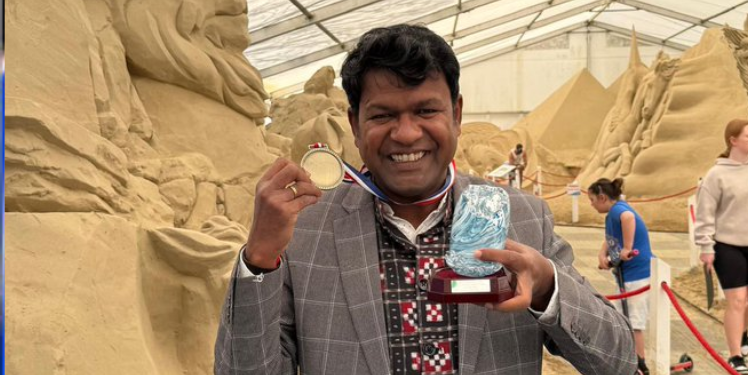


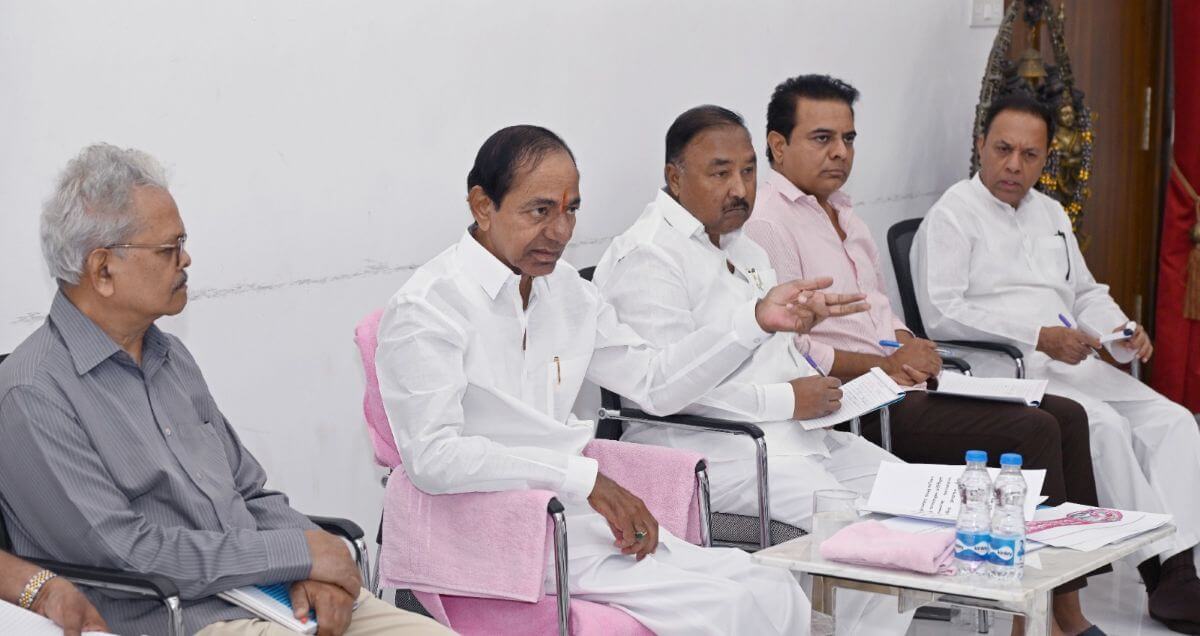
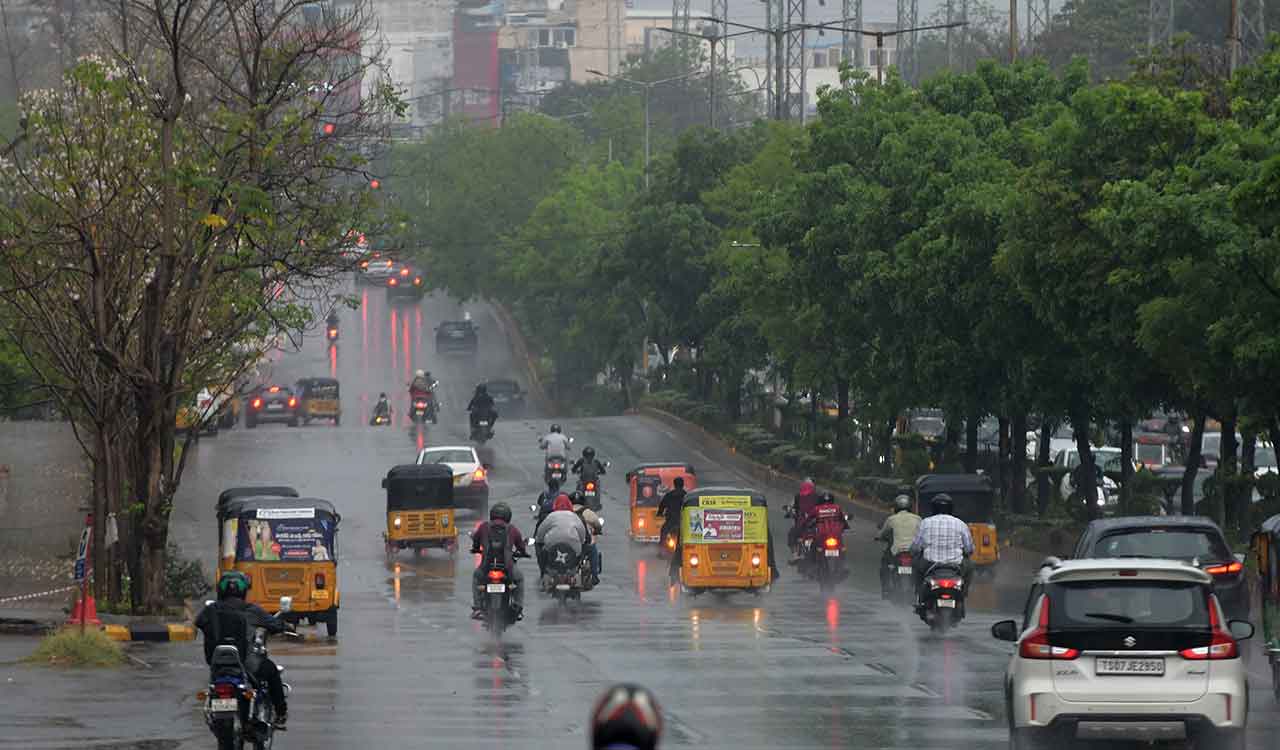
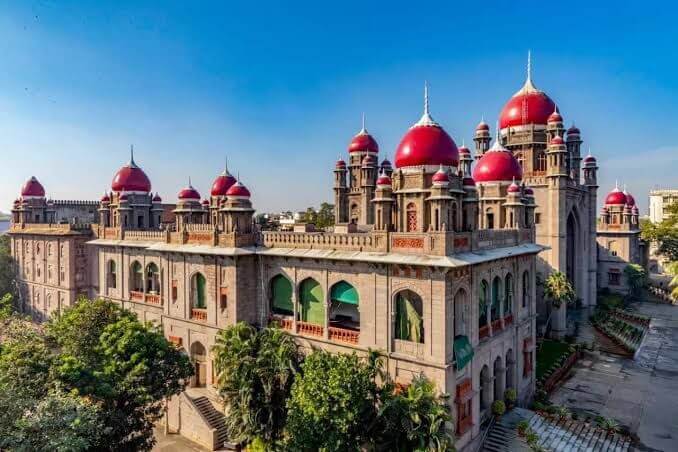

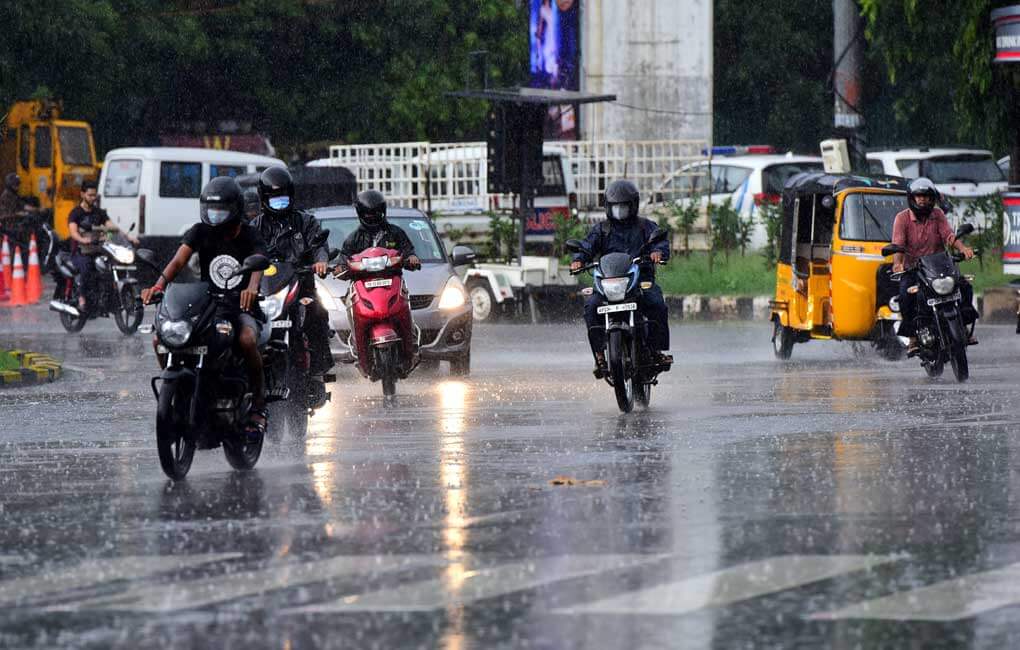
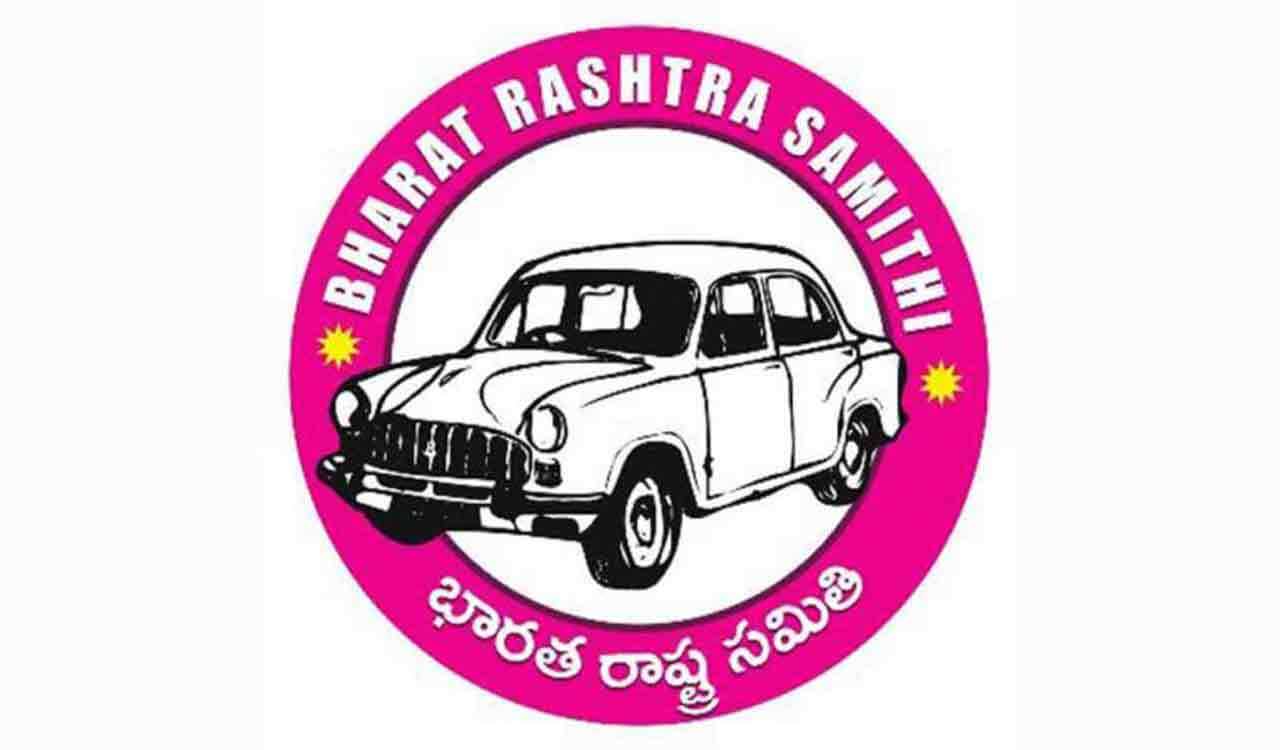
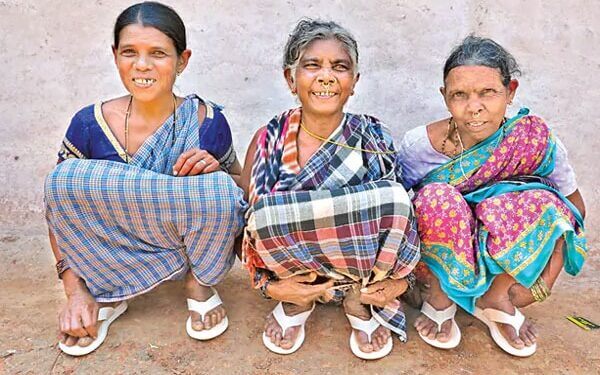
.jpg)
.jpg)
.jpg)
.jpg)

















